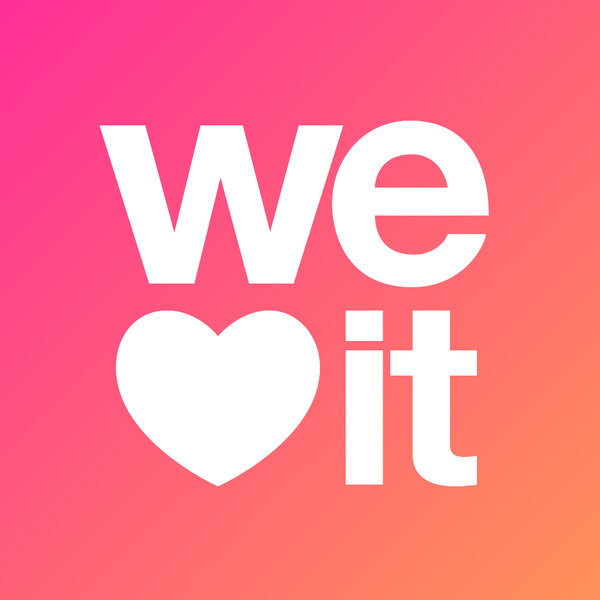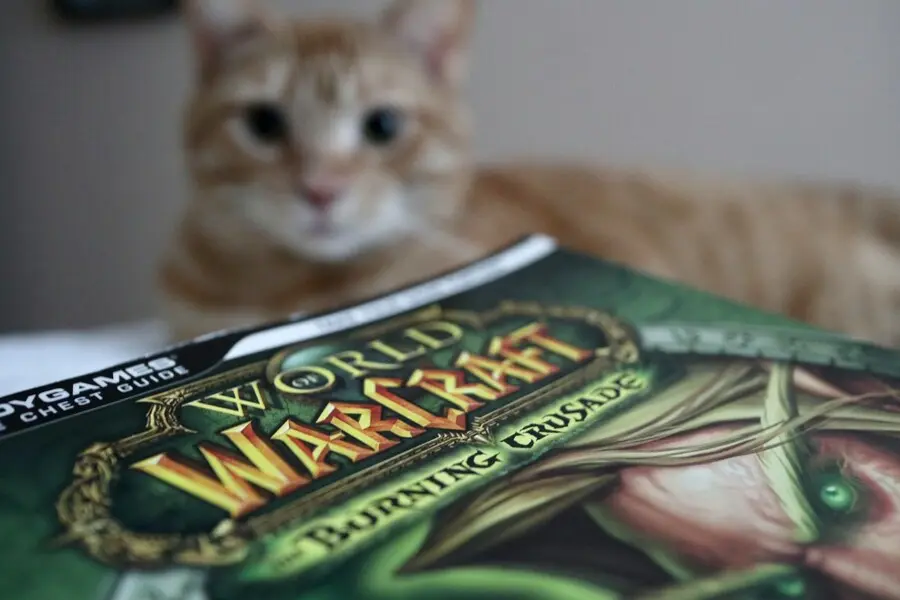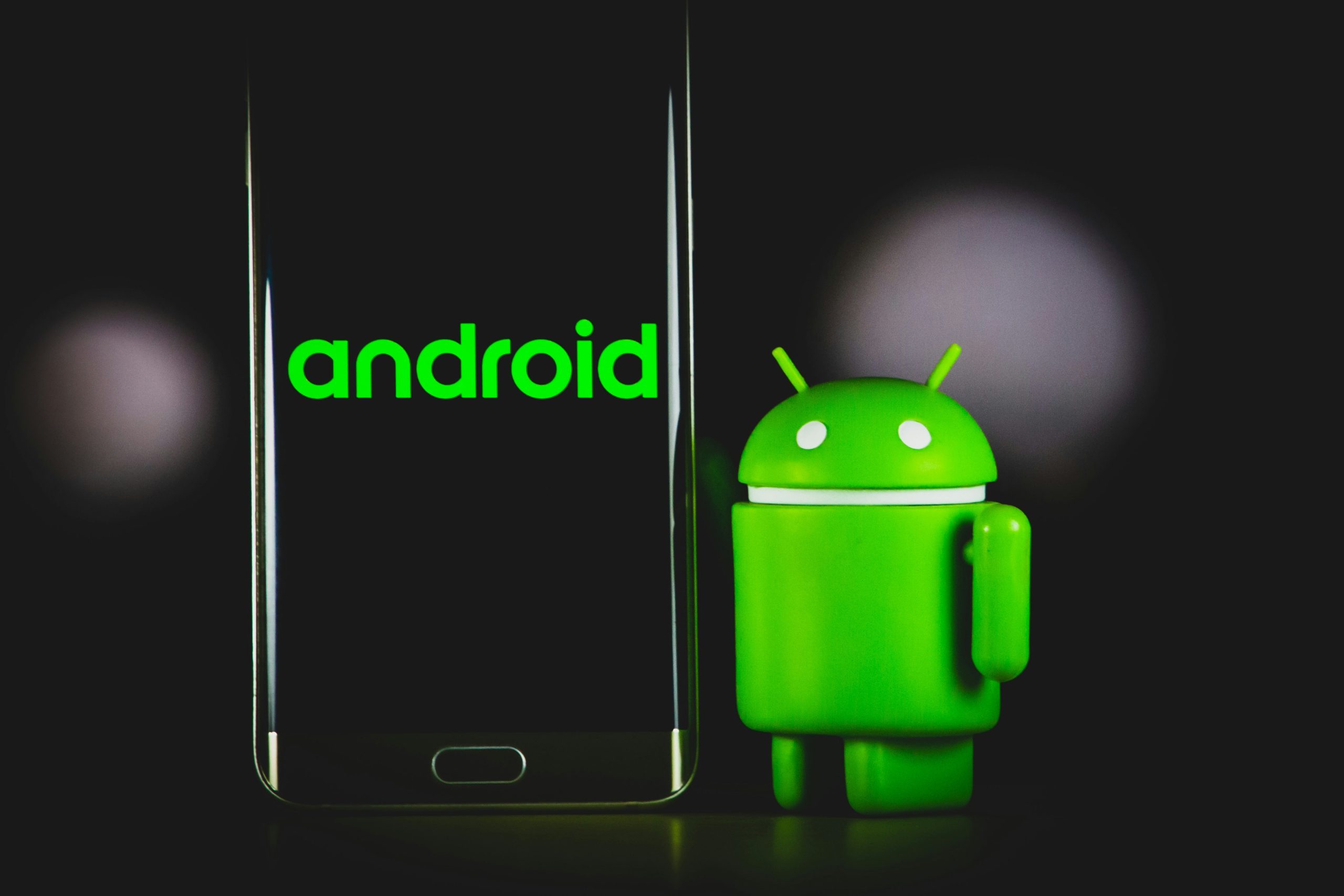
Introduction
Creative Commons is a nonprofit organization that develops, supports, and stewards legal and technical infrastructure that maximizes digital creativity, sharing, and innovation. Realizing the full potential of the internet — universal access to research, education, full participation in culture, and driving a new era of development, growth, and productivity.
Beginners Guide
1. Creative Commons: a user guide by Simone Aliprandi
Here is an operational manual which guides creators step by step in the world of Creative Commons licenses, the most famous and popular licenses for free distribution of intellectual products. Without neglecting useful conceptual clarifications, the author goes into technical details of the tools offered by Creative Commons, thus making them also understandable for total neophytes. This is a fundamental book for all those who are interested in the opencontent and copyleft world.
About Simone Aliprandi is an Italian lawyer and researcher who is constantly engaged in writing and consulting in the field of copyright and ICT law. He founded and still coordinates the Copyleft-Italia.it project and has published numerous books devoted to openculture and copyleft. This is his first publishing in English.
2. A citizen’s legal guide to using Creative Commons licenses
The Creative Commons license offers an excellent alternative to rigid, restrictive, one-size-fits-all copyright law. For many creators, default, “all rights reserved” copyright law[link] may not be the best choice, and we’ll discuss why below.
Remember, if you create a work [blog post, podcast, film, song, book, etc.] and you don’t choose an alternative to default copyright law such as a creative commons license or dedication to the public domain, you are stuck with default “protection.” It can be a benefit and a curse of copyright law that it gives you essentially a monopoly of over your work. This means that you are the only one, outside of users’ fair use[link] rights, who has the ability to copy, distribute, display, perform, and make derivatives. This may actually hurt your ability to communicate your work to the rest of the world.
3. A Dummies Guide to Choosing Creative Commons License For Your Own Work
You have seen Creative Commons licenses everywhere on the web including Flickr Photos, RSS feeds, blog sites, music distribution sites, internet videos, etc.
So when it comes to choosing a license for your own online work, which one should you choose ? Well, it depends on how you want others to use your creative work which could be pictures, music, videos or even a plain text blog post.
4. A Guide to Copyright and Creative Commons
The When I Have Time A Guide to Copyright and Creative Commons is a guide to help you understand your copyright options as an online content creator and publisher as well as how you can share and protect your work with the online world in a way that’s comfortable for you. This guide is not meant to be a legal guide or documentation.
– What is Copyright?
– What is Creative Commons?
– Types of Creative Commons Licenses
– How to Use Others’ Creative Commons Content
– A Video Introduction to Creative Commons
– Copyright and Creative Commons Resources
5. A Quick Guide to Creative Commons Licenses
The internet has made it incredibly easy to copy content from authors and art from artists. Unfortunately, this lessens the value of their work and people freely steal others’ work and use it without properly crediting the original creator.
Fortunately, in recent years, a non-profit organization called Creative Commons has made it exceptionally easy for content creators and artists to license their work using a standardized set of licenses and for people who want to use them to then use them in the appropriate fashion.














